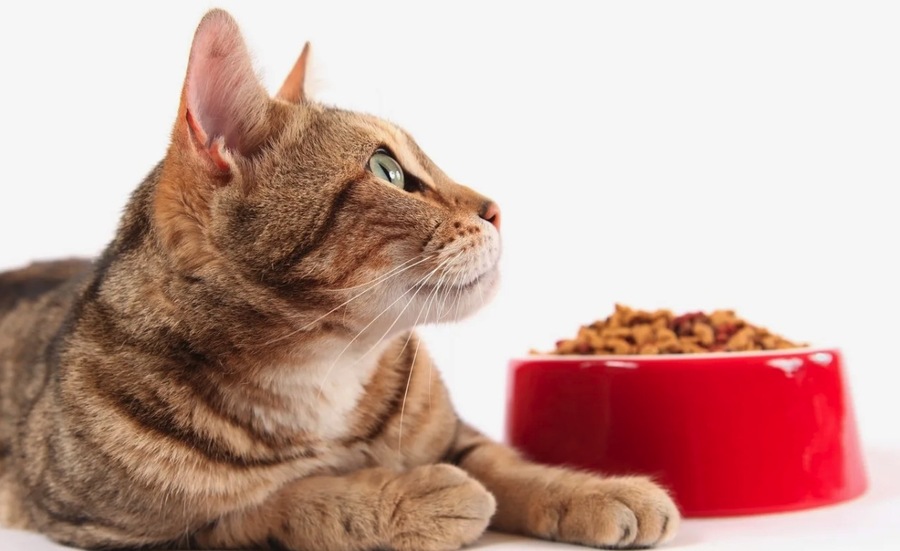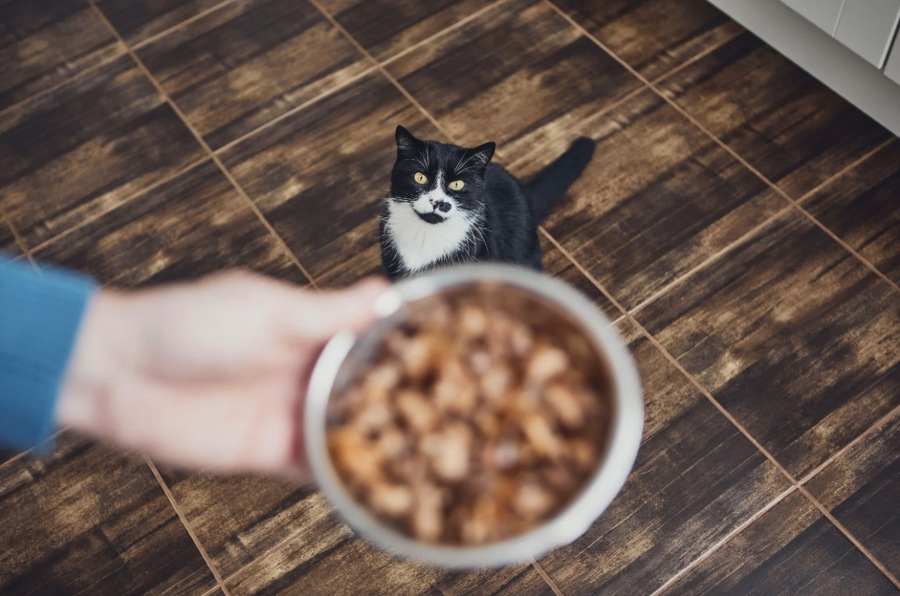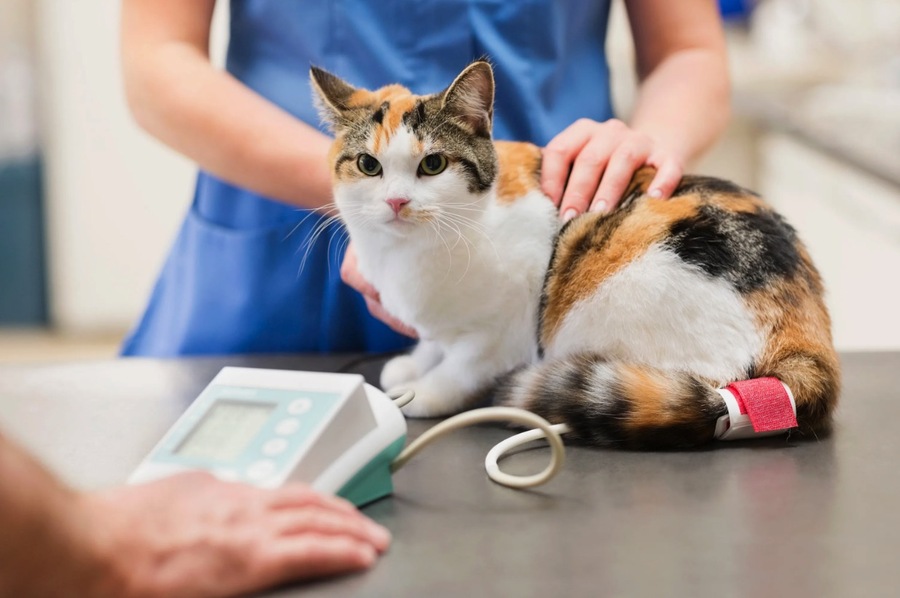Cats, with their graceful demeanor and soothing purrs, bring unparalleled warmth and comfort to any household. Their ability to create an inviting atmosphere transforms a mere residence into a vibrant home. This unique attribute of cats to enhance domestic life requires a reciprocal commitment from owners to provide meticulous and attentive care. Key elements of cat care encompass meaningful interactions, exercise through playful activities or leash walks for certain breeds, regular grooming sessions, maintaining a clean and accessible litter area, ensuring constant access to fresh water, and, paramount to all, providing a properly balanced diet.
The Crucial Impact of Proper Nutrition on Cat Health and Longevity
Proper nutrition lies at the heart of feline health and vitality. It greatly influences both the quality and length of a cat’s life. An optimal diet rich in essential nutrients not only ensures a shiny coat and strong muscles but also supports overall physiological functions, enhancing longevity and quality of life. Proper dietary management helps prevent obesity, mitigates the risk of chronic diseases such as diabetes, maintains healthy skin, and fosters robust immune responses. Consequently, the longevity and well-being of cats are closely tied to their nutritional regimen, underscoring the importance of a balanced and appropriate diet.
The Fundamentals of a Balanced Diet for Cats
Cats require a diet that is fundamentally high in proteins with adequate fats and a minimal amount of carbohydrates, aligning with their natural dietary preferences as obligate carnivores. A balanced diet for a cat should be rich in animal-based proteins that promote muscle maintenance and development, fats that provide energy and support cellular structures, and carbohydrates that are easily digestible to provide necessary energy without overburdening their digestive system. The specific balance of these nutrients varies throughout different stages of a cat’s life—kittens need nutrient-rich food to support their growth, adult cats need a balanced diet to maintain health, and senior cats may need adjustments in calories and specific nutrients to support their aging bodies.

Deep Dive into Dry Cat Food: Benefits and Considerations
Composition and Advantages of Dry Cat Food
Dry cat food, or kibble, is composed primarily of meats, grains, and vegetables that are processed together, cooked, and extruded into bite-sized pieces. This form of cat food is favored by many pet owners for its convenience, affordability, and extended shelf life. Dry food is beneficial for dental health as the kibble’s hard texture helps in reducing plaque buildup on teeth, promoting better oral hygiene.
Nutritional Content and Potential Drawbacks
While dry food provides a balanced diet with formulated nutrients, it is not without its drawbacks. The lower moisture content in dry food can be a concern for cats, particularly those prone to kidney or urinary tract issues, as proper hydration is crucial for their health. Some kibble also includes higher levels of carbohydrates than are ideal for cats, which can lead to weight gain and associated health problems if not moderated.
Leading Manufacturers of Dry Cat Food
Companies like Royal Canin and Hill’s Science Diet stand out in the pet food industry for their commitment to quality and nutritional science. These brands offer specialized formulas tailored to the specific needs of different breeds, sizes, and health conditions of cats, ensuring that each product meets the exact dietary requirements prescribed by veterinarians.

The Natural Diet Alternative: Benefits and Challenges
Pros and Cons of Natural Feline Nutrition
Opting for a natural diet involves feeding cats a variety of fresh meats and organs, closely replicating what they might consume in the wild. This diet is typically more appealing to cats and can be easier for them to digest, potentially leading to better nutrient absorption and overall health. However, natural diets require careful planning to ensure they are nutritionally complete and balanced. There is also a significant time investment in preparing meals daily, along with a higher cost compared to commercial cat foods.
Foods to Avoid Feeding Cats
Cat owners must recognize and avoid feeding their pets certain harmful foods. Items like avocados, grapes, raisins, mushrooms, and foods containing caffeine or rich in fats and spices can be toxic to cats and should be strictly avoided to prevent potential health issues.
Support Services at Rancho Relaxo for Cat Nutrition
For cat owners who struggle to maintain a consistent feeding schedule due to busy lifestyles or travel commitments, Rancho Relaxo offers a solution. Their services ensure that cats are not only fed timely but also receive balanced, high-quality meals suited to their specific dietary needs. Moreover, for owners who need to travel without their pets, Rancho Relaxo provides overnight boarding services for a reasonable fee, ensuring that cats are cared for in a loving, attentive environment.
Conclusion
The commitment to nurturing a cat with proper care and balanced nutrition significantly enriches the mutual relationship between the cat and owner, enhancing the living environment for everyone involved. With structured nutrition plans and support from services like Rancho Relaxo, cat owners can ensure their feline companions lead healthy, happy lives.

Skydiver, vegan, hiphop head, International Swiss style practitioner and AIGA member. Performing at the fulcrum of design and function to save the world from bad design. I am 20 years old.


